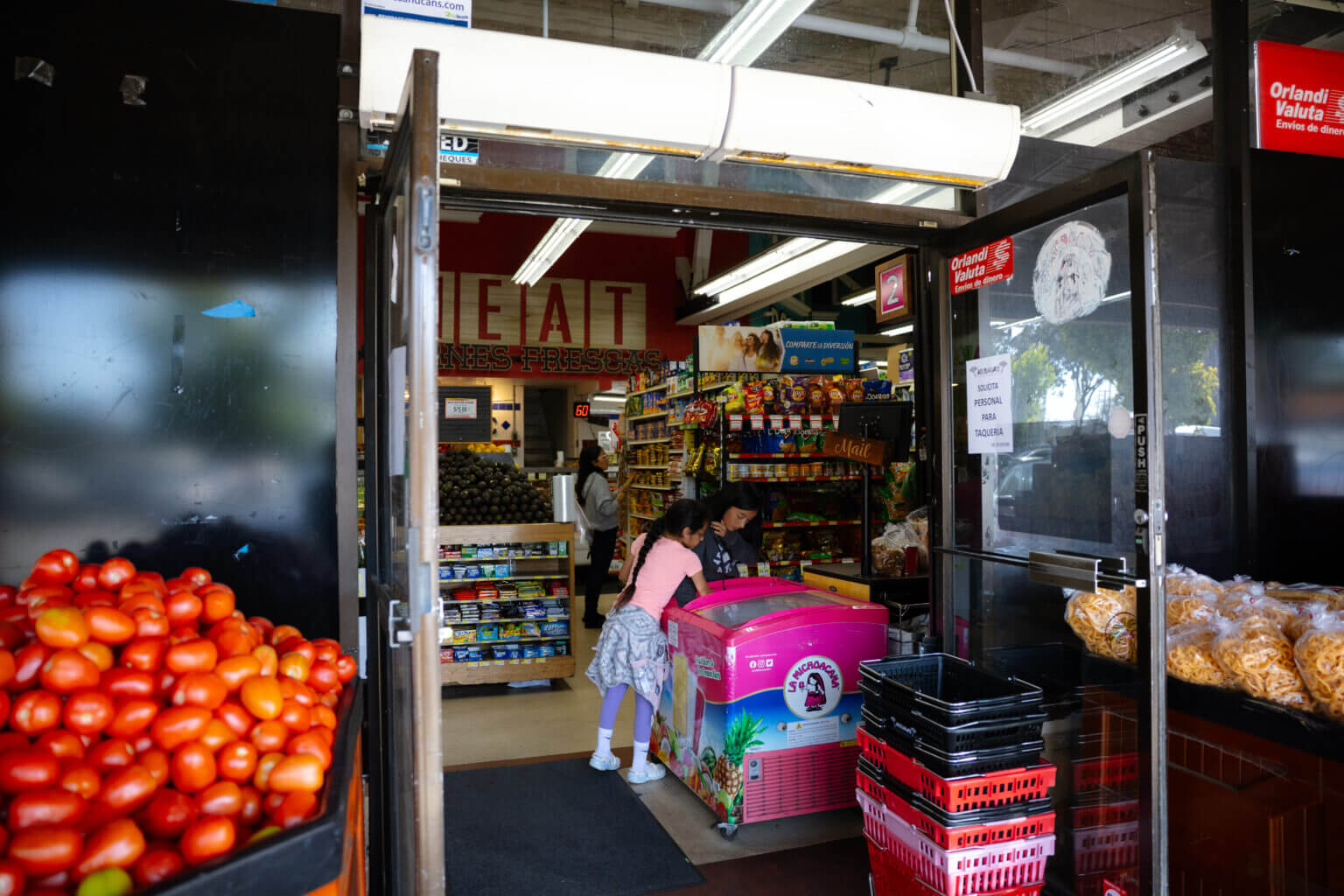The Impact of Immigration Crackdowns on Local Economies and Communities
A Once-Bustling Market in Newark Faces Unprecedented Silence
For decades, Lupe Lopez’s Latino grocery store in Newark, California, served as a vibrant center for shopping and social interaction within the community. However, recent months have seen a stark transformation. Lopez reports that her store’s aisles are now often deserted, with parking lots nearly empty. Nearby businesses, including restaurants, clothing boutiques, and even large retail chains, are experiencing similar declines in activity. This downturn coincides with intensified immigration enforcement policies under the Trump administration, which have led to widespread workplace raids and increased deportation efforts targeting industries with significant immigrant labor.
Shifting Consumer Behavior Amidst Growing Fears
Lopez, 68, observes that her customers are increasingly hesitant to visit her store. Many undocumented clients are now sending their U.S.-born children to shop on their behalf, while even legally present individuals are reluctant to venture out during daylight hours. Many carry passports as a precaution, fearing encounters with immigration authorities. “If this continues, I fear it could devastate our local economy,” she laments.
Decline in In-Store Visits and Rise in Delivery Services
Communities with large immigrant populations are experiencing notable declines in physical shopping. Data from marketing analytics firm Kantar indicates a 4.3% drop in food and beverage sales during the first quarter of the year compared to the same period in 2024. Discretionary spending, such as apparel and home goods, has also fallen sharply-by 8.3%. Conversely, online and delivery orders are on the rise, as consumers prefer to avoid public spaces altogether.
Economic Ramifications of Reduced Consumer Spending
Immigrant workers and consumers contributed approximately 18% of the U.S. gross domestic product in 2023, amounting to over $2 trillion. The current decline in their economic activity threatens to slow broader economic growth, with small businesses and retail sectors feeling the strain. Hispanic communities, in particular, are experiencing a significant reduction in shopping trips and spending, which could have ripple effects across local economies.
Workforce Disruptions and Community Anxiety
Business associations report a pervasive climate of fear among immigrant workers and their families. Monica Villalobos, president of the Arizona Hispanic Chamber of Commerce, notes that when one member of a multi-status household feels threatened, the entire family’s participation in the workforce diminishes. This phenomenon is not solely about illegal employment; even legal residents are apprehensive about being out in public, fearing detention or deportation.
Policy Enforcement and Economic Dislocation
Supporters of strict immigration enforcement argue that disruptions are a necessary consequence of upholding the rule of law. Mark Krikorian of the Center for Immigration Studies contends that any economic dislocation caused by raids is a small price to pay for reducing illegal immigration. However, critics highlight that the aggressive tactics-such as workplace raids at hotels, farms, and retail parking lots-are intentionally designed to instill fear and discourage immigrant participation in the economy.
Historical Context: Comparing Past and Present Enforcement Strategies
During President Barack Obama’s tenure, approximately 5.3 million deportations occurred, primarily targeting individuals with criminal records. While this created some economic ripple effects, enforcement was more focused and less disruptive to the general workforce. In contrast, the current campaign under Trump aims to apprehend anyone without legal status, leading to widespread anxiety and absenteeism among immigrant workers, regardless of their legal standing.
Industry-Specific Impacts and Business Responses
Retailers and service providers catering to Hispanic consumers are reporting noticeable declines. Régis Andre Schultz, CEO of JD Sports, noted a significant drop in foot traffic at Shoe Palace stores targeting Hispanic customers. Similarly, Burlington and Keurig Dr Pepper have observed softer sales among Hispanic consumers, who are shopping less frequently and spending less per trip.
Local Business Struggles and Consumer Adaptations
Lupe Lopez anticipated some economic slowdown due to tariffs and rising costs but was unprepared for the impact of ICE raids. Her customers are now avoiding fresh produce and opting for cheaper, shelf-stable foods, fearing job loss or deportation. Lopez also faces the challenge of misinformation, as social media is flooded with false alarms about raids, causing unnecessary panic. Despite her fears, she is determined to focus her energy on community safety and resilience.
Changing Patterns in Dining and Financial Transactions
In Wheaton, Maryland, a Pollo Campero restaurant reports a shift to takeout and delivery, with the dining room largely empty. Similar trends are observed across the country, where Hispanic shoppers are increasingly choosing online shopping and delivery over in-store visits. Financial services handling remittances also note a decline in the frequency of visits, with customers sending larger sums less often, possibly due to safety concerns.
Construction Industry and Broader Economic Disruptions
The construction sector, heavily reliant on immigrant labor, is experiencing significant setbacks. Following a major raid in Tallahassee that detained over 100 workers, industry leaders report fewer workers on-site, delays in project timelines, and a need to rethink operational strategies. These disruptions have a cascading effect on housing development and infrastructure projects, affecting local economies and employment.
A Community at a Crossroads
For many immigrant families, the current enforcement climate has sparked difficult conversations at the dinner table. The fear of separation, job loss, and economic instability has created a tense atmosphere. Lopez, who emigrated from Mexico as a teenager, reflects on her journey toward the American Dream, now overshadowed by the pervasive sense of insecurity. “It’s no longer just about keeping my business afloat,” she says tearfully. “It’s about protecting my community and ensuring their safety.”
Conclusion: Navigating Uncertainty in a Divided Landscape
The ongoing immigration enforcement policies are reshaping the economic and social fabric of immigrant communities across the United States. While some argue that these measures are necessary for national security, the tangible consequences-declining consumer spending, workforce shortages, and community anxiety-highlight the profound costs of such strategies. As businesses adapt and communities grapple with uncertainty, the long-term implications remain uncertain, underscoring the need for balanced approaches that consider both security and economic vitality.

